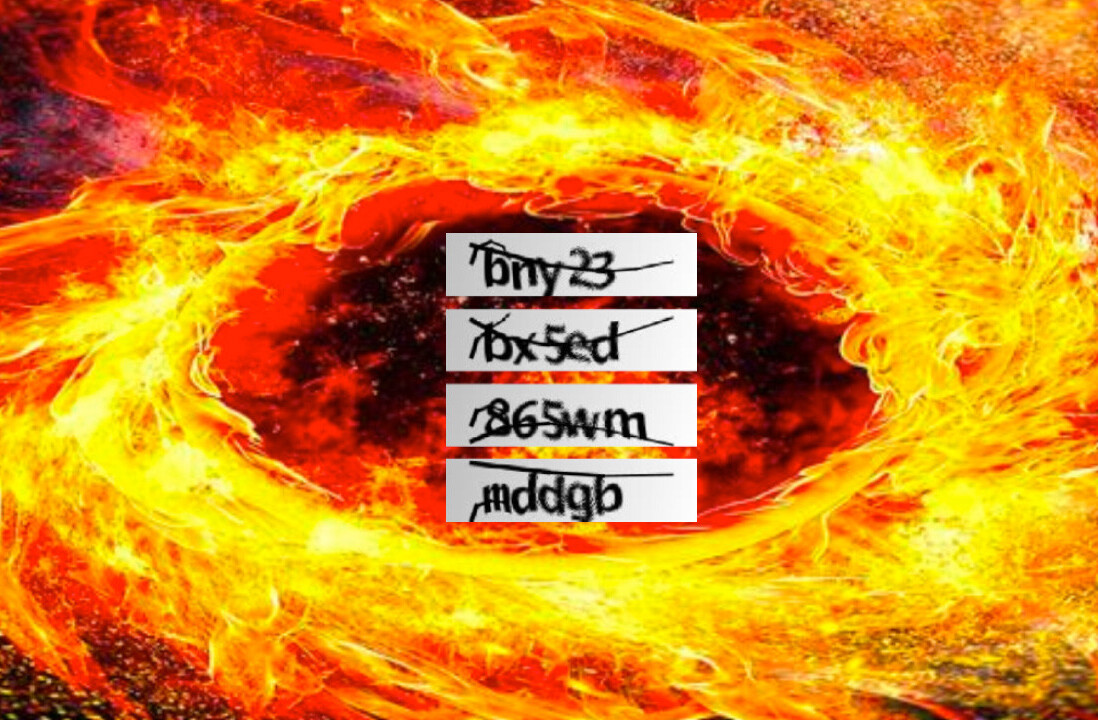
When Apple took the wraps off the iPhone 5 a couple weeks ago, it showed off a version of its A6 processor packing Samsung RAM, but iFixit’s teardown of the just-released handset found memory from competitor Elpida instead.
After taking apart the new iPhone, iFixit gave it a repairability score of 7 out of 10 after finding the device to be more easily repairable than previous iPhone models. For instance, the iPhone 5 screen could potential be replaced in just 5-10 minutes, as opposed to 45 minutes on the iPhone 4S, which scored a 6 from the repair site last year.
According to the report, a silkscreen label reveals that the phone contains 1GB Elpida LP DDR2 SDRAM. It’s too early to tell the ratio between Samsung and Elpida that Apple has chosen for iPhone 5 production, but Apple and Samsung have had a rocky relationship in recent months. Samsung’s consumer electronics division is Apple’s core competitor, even as the iPhone maker has acted as one of the main clients for Samsung’s component business.

Earlier this month, Reuters cited a source with “direct knowledge” as saying that Apple had reduced memory chip orders from Samsung. The tipster alleged that Toshiba, Elpida and Hynix would fill the gap, which would encompass both DRAM and NAND chips. Samsung was said to be among the initial list of suppliers, but Apple’s orders had since “been trending down.”
Some reports have claimed Elpida already sells as much as half of its memory output to Apple. Investors have voiced some concerns that Apple scaling back on orders could have an impact on Samsung, but the South Korean company should, at the least, have the growing component needs of its own smartphone business to keep it busy.
Other noteworthy findings from iFixit’s teardown include minor susceptibility to scuffing on the edge of the device and a resistance to scratching on the new sapphire crystal lens on the rear camera. Also, the baseband chip on the iPhone 5 was confirmed to be Qualcomm’s MDM9615 as expected. Check out the full report to get all the details from the dissection.
The iPhone 5 arrived first in Australia, where The Next Web managed to test HD Voice performance between two units, and is arriving in nine different countries on Friday at 8am local time. Pre-orders of the device have already set new records for Apple (2 million in 24 hours), beating out last year’s iPhone 4S launch, and the handset, which is backordered for up to 3-4 weeks, is expected to continue Apple’s streak of progressively bigger iPhone launches.
Image credits: iFixit
Get the TNW newsletter
Get the most important tech news in your inbox each week.





